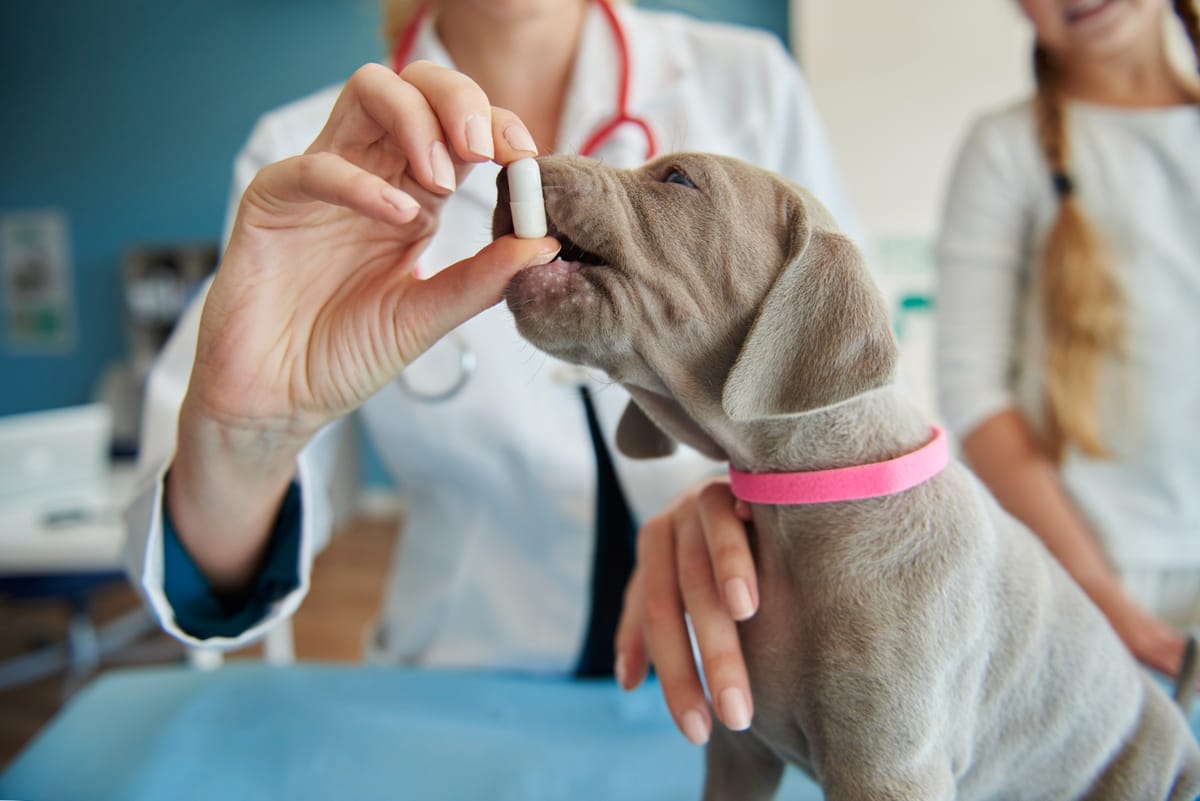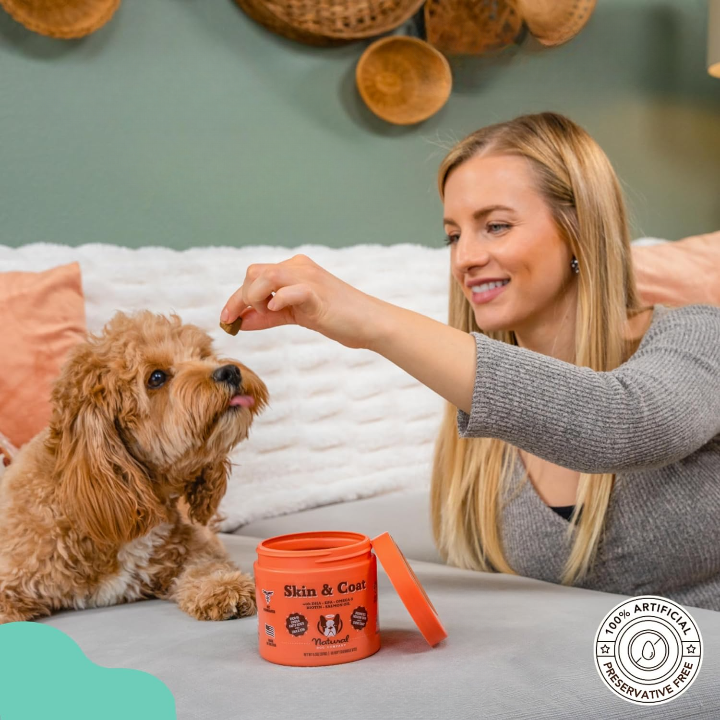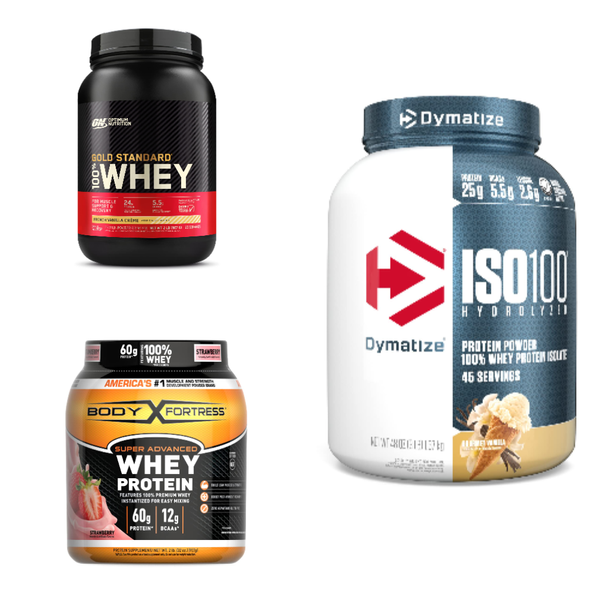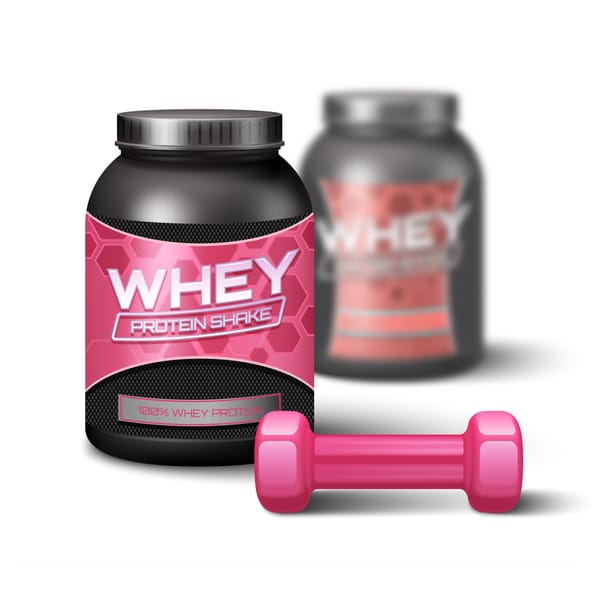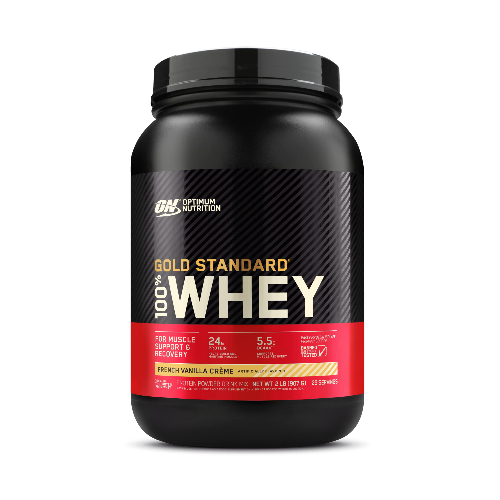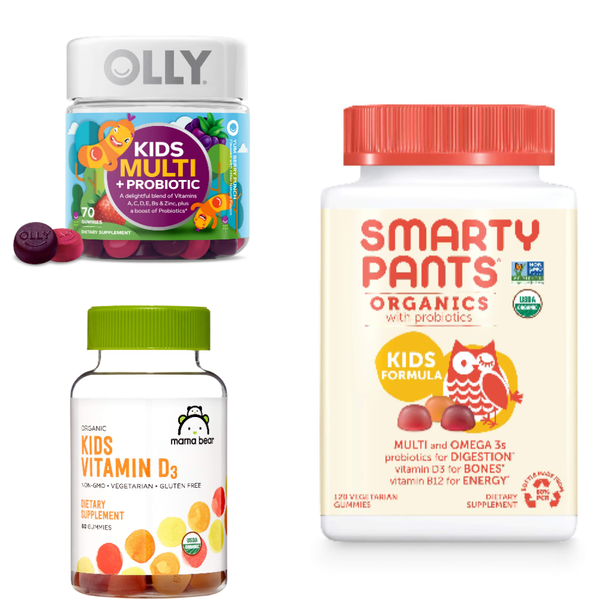As pet parents, we all want the best for our furry friends. Ensuring a complete and balanced diet for our dogs is crucial to their health and well-being. One question that frequently arises among dog owners is, "What vitamins are good for dogs?" This article will delve into the essential vitamins your dog needs and the role they play in maintaining your dog's body and overall health.
Essential Vitamins and Their Roles
Just like humans, dogs need a variety of essential vitamins and minerals to stay healthy. These nutrients are vital for various functions in a dog's body, from bone development to vision protection, immune system support, and more. Let's look at some of these essential vitamins.
Vitamin A: Essential for a dog's immune system, skin, coat, and vision. It can be found in liver, fish oil, eggs, and different types of vegetables.
B Vitamins (including B1, B2, B3, B5, B6, B12): These dog vitamins are critical for a dog's metabolic processes, hormone regulation, and maintaining healthy growth. They can be found in whole grains, meat, yeast, and dairy.
Vitamin C: While dogs can produce Vitamin C in their bodies, an extra dose can help reduce inflammation and cognitive aging. This antioxidant can be found in fruits, vegetables, and organ meats.
Vitamin D: Known as the "sunshine vitamin," it helps dogs absorb calcium and phosphorus, promoting bone and muscle growth. Unlike humans, dogs cannot synthesize vitamin D from the sun, so it must come from their diet. Fish and beef liver are rich sources of Vitamin D.
Vitamin E: This vitamin is an antioxidant that can help defend the body against damage from free radicals. It's found in leafy green vegetables and certain oils.
Vitamin K: It plays a pivotal role in blood clotting and wound healing. It's present in leafy green vegetables and fish meal.
Remember, a balanced diet is key. While it's possible to find these vitamins in commercial pet food, a homemade diet can also provide these nutrients. Always consult with a veterinary nutritionist before switching your dog's diet.
The Role of Supplements in a Dog's Diet
If your dog's diet is complete and balanced, they likely get all the vitamins and minerals they need from their dog foods. However, there are situations where dog vitamin supplements might be beneficial. For instance, puppies and older dogs may require extra nutrients due to their growth or aging processes. Similarly, dogs with certain health conditions might benefit from vitamin supplements.
However, it's vital to remember that more is not always better. An excessive intake of certain vitamins can be harmful to your dog. Excessive intake of Vitamin A can result in dehydration and joint pain, whereas an abundance of Vitamin D may contribute to kidney disease and muscle atrophy. It is always advisable to consult your veterinarian before commencing any supplement regimen.
Choosing the Right Dog Vitamin Supplements
When choosing dog vitamin supplements, it's essential to consider your dog's age, breed, size, and overall health. Puppies and senior dogs have different nutritional needs compared to adult dogs. For instance, puppies need vitamins that support their rapid growth and development, while senior dogs may benefit from vitamins that support joint health and reduce inflammation.
Dog supplements come in various forms, including tablets, capsules, powders, and liquids. Some dogs might prefer one form over another. If your dog is picky, look for flavored supplements or those that can be mixed with dog food.
It's also crucial to choose high-quality dog supplements. Look for products that have undergone clinical trials and are approved by veterinary medicine associations. Avoid human supplements as they may contain ingredients that are harmful to dogs.
The Benefits of Vitamins for Dogs
Vitamins are essential for keeping our furry friends healthy and happy. Dogs need vitamins just like humans do, and there are many benefits to giving them the right vitamins. Vitamins can help keep their coat shiny, their skin healthy, and their immune system strong. They can also help with digestion, joint health, and energy levels.
When it comes to what vitamins are good for dogs, there are a few key ones to consider. Vitamin A is important for vision, Vitamin B helps with energy levels, Vitamin C helps with immunity, and Vitamin D helps with bone health. Other vitamins like Vitamin E, K, and B-complex can also be beneficial.
It's important to talk to your vet about what vitamins are best for your pup. They can help you determine the right dosage and the best type of vitamins for your pup's individual needs. With the right vitamins, you can help keep your pup healthy and happy for years to come.
Tips for Ensuring Your Dog Gets the Right Vitamins
When it comes to keeping your pup healthy, vitamins are an important part of the equation. But with so many options out there, it can be hard to know what vitamins are good for dogs. To make sure your pup is getting the right vitamins, here are a few tips to keep in mind.
First, make sure you’re giving your pup a balanced diet. This means providing them with a variety of proteins, carbohydrates, and fats. This will ensure they’re getting all the essential vitamins and minerals they need.
Second, consider supplementing your pup’s diet with vitamins. There are a variety of vitamins that are specifically designed for dogs, such as omega-3 fatty acids, glucosamine, and probiotics. These can help support your pup’s overall health and well-being.
Finally, talk to your vet about what vitamins are best for your pup. They can provide you with personalized advice on what vitamins your pup needs and how much they should be taking.
By following these tips, you can make sure your pup is getting the right vitamins to stay healthy and happy.
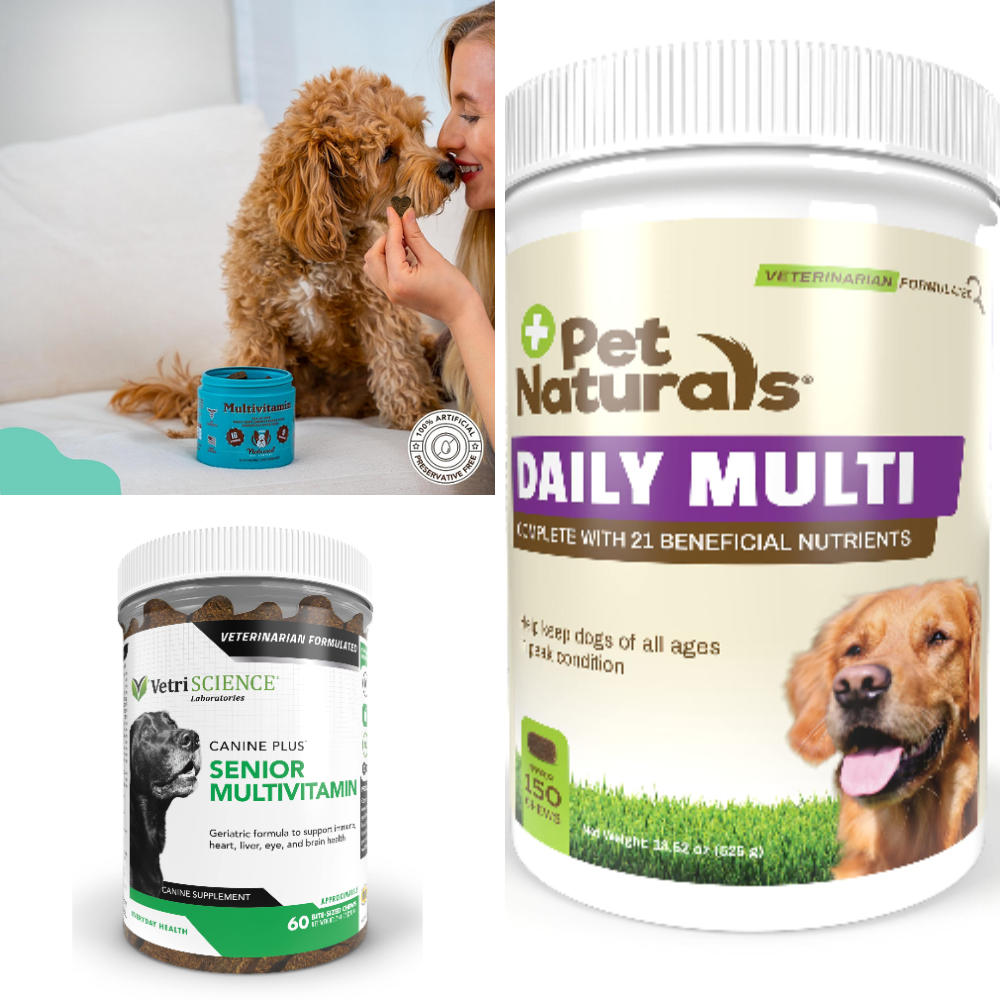
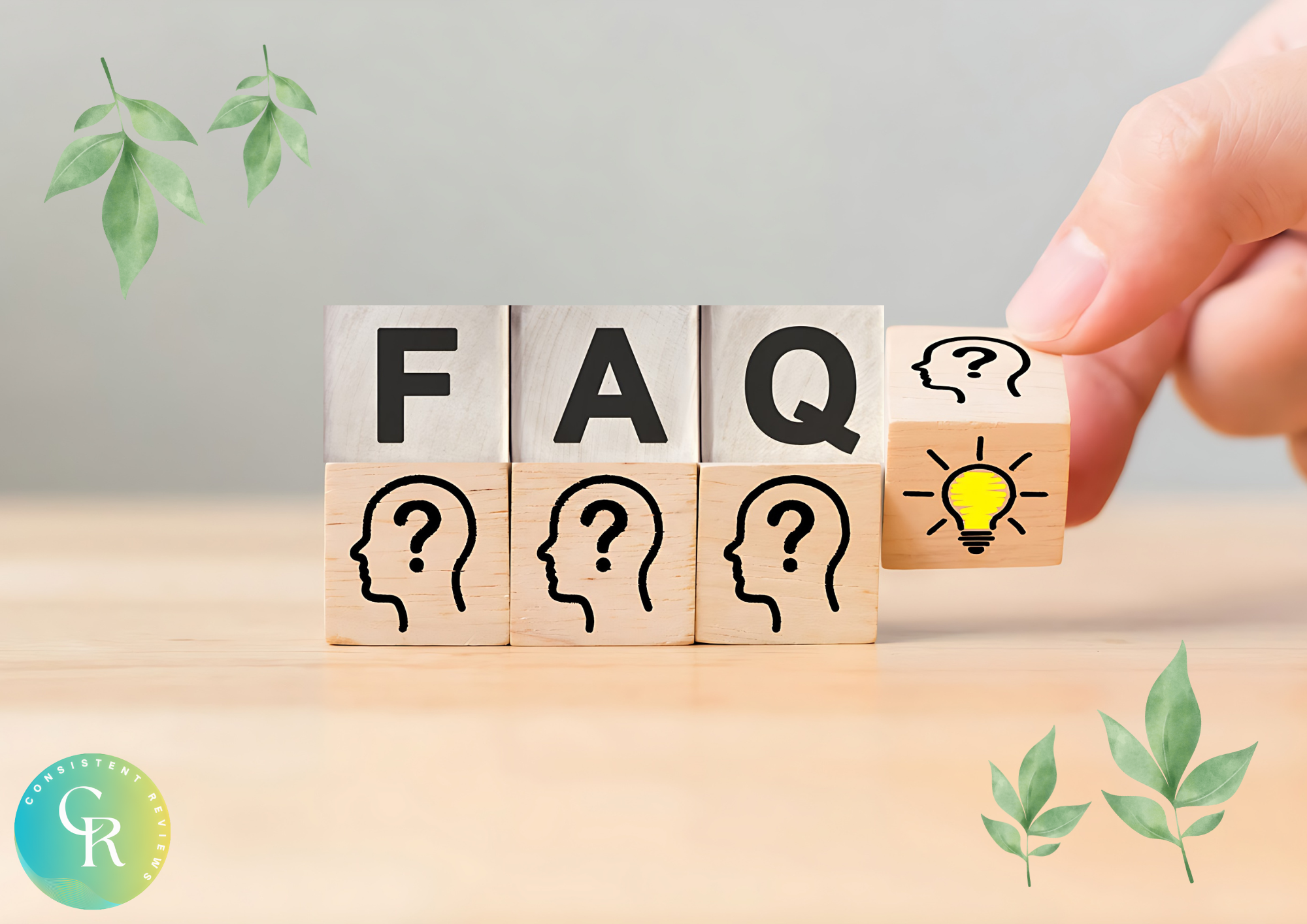
What vitamins are essential for a dog's health?
Vitamins are essential for a dog's health, as they help to support their immune system, promote healthy skin and coat, and support their overall well-being. The most important vitamins for dogs are Vitamin A, Vitamin B, Vitamin C, Vitamin D, Vitamin E, and Vitamin K.
What are the benefits of giving vitamins to my dog?
Giving vitamins to your dog can help to support their overall health and well-being. Vitamins can help to boost their immune system, promote healthy skin and coat, and support their overall health. Additionally, vitamins can help to reduce the risk of certain diseases and illnesses.
What are the different types of vitamins available for dogs?
There are a variety of vitamins available for dogs, including multivitamins, individual vitamins, and supplements. Multivitamins are a combination of different vitamins and minerals that are designed to provide your dog with a balanced diet. Individual vitamins are specific vitamins that can be given to your dog to help support their health. Supplements are designed to provide additional vitamins and minerals that may not be found in your dog's regular diet.
How do I know which vitamins are best for my dog?
To determine the most suitable vitamins for your furry companion, it is advisable to seek guidance from your veterinarian. They possess the expertise to evaluate your dog's specific requirements and suggest the optimal vitamins accordingly. Moreover, they can provide valuable insights regarding the appropriate dosage and frequency for administering these vitamins to your beloved pet.
What tips should I follow to ensure my dog is getting the right vitamins?
It is important to consult with your veterinarian to determine the best vitamins for your dog. Additionally, it is important to ensure that your dog is getting the proper dosage and frequency of vitamins. Additionally, it is important to monitor your dog's health and behavior to determine if any changes need to be made in their vitamin regimen. Finally, it is important to keep track of your dog's vitamin intake and make sure they stay up-to-date with their vitamin supplements. By following these tips, you can ensure that your pet is getting the vitamins they need for optimal health.
Final Thoughts
As pet owners, it's our responsibility to ensure our dogs get the necessary vitamins and minerals for good health. While a complete and balanced diet should provide most of these nutrients, dog supplements can be beneficial in certain situations. Always consult with a vet or a veterinary nutritionist before introducing any new supplements into your pet's diet. Remember, each dog is unique, and what works for one might not work for another.

In conclusion, Vitamins are an important part of a dog's diet and can help keep them healthy and happy. Knowing what vitamins are good for dogs, understanding the different types of vitamins, and how to administer them are all key to ensuring your pup gets the right vitamins. With the right information and a few simple tips, you can ensure your dog is getting the vitamins they need to stay healthy and happy. So, don't forget to give your pup the vitamins they need and keep them healthy and happy for years to come.



